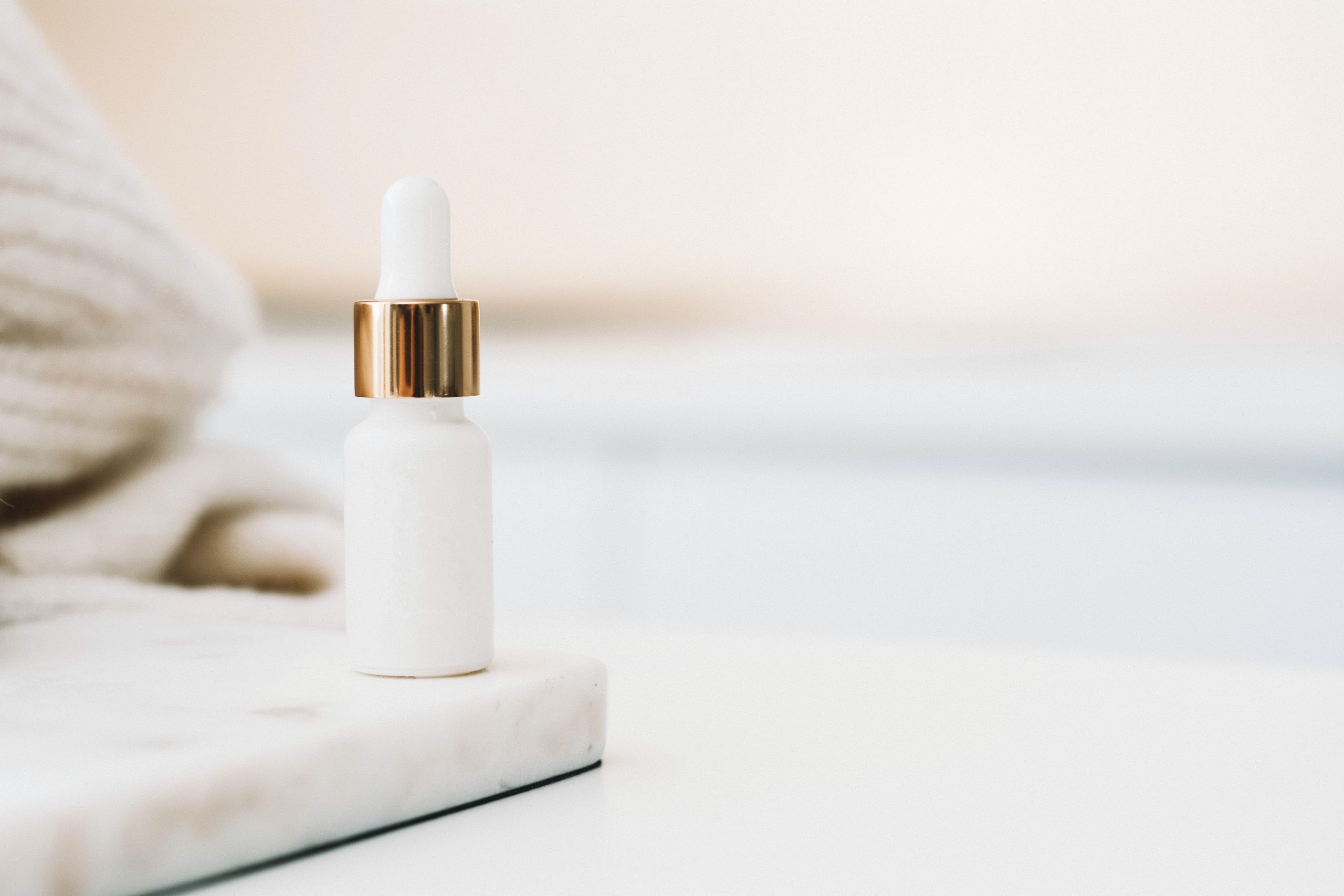Introduction:
Collagen has become a popular buzzword in the beauty and wellness industry, with claims of improving skin health. But is eating collagen really beneficial for your skin, or is it just another hype? In this article, we will debunk collagen hype and examine scientific evidence. We will determine whether collagen truly benefits your skin or is a myth that needs debunking.
Understanding Collagen:

Collagen is a protein that supports the skin, keeping it firm, plump, and youthful. It is naturally produced in the body but declines with age, leading to visible signs of aging like wrinkles and sagging skin.
The Claims:
-
Improved Skin Elasticity and Hydration:
Some collagen proponents suggest that it can enhance skin elasticity and hydration. They argue that by consuming collagen, you can replenish collagen levels, leading to more supple and moisturized skin.
-
Reduced Wrinkles and Fine Lines:
Another claim is that collagen consumption can reduce wrinkles and fine lines, achieving smoother and younger skin.
The Scientific Perspective:
-
Limited Evidence:
While collagen supplements are widely available, the scientific evidence supporting their direct benefits for skin health is limited. Most collagen supplementation studies have small sample sizes, and their findings are not consistent enough to draw definitive conclusions.
-
Bioavailability Challenges:
Collagen molecules are large and complex, which makes it difficult to absorb them effectively absorbed by the body when consumed orally. Bioavailability of collagen supplements is a major consideration, as it determines how much collagen actually reaches the skin.
-
Indirect Benefits:
Some studies suggest that consuming collagen may have indirect benefits for the skin. For example, collagen peptides derived from marine sources may improve overall skin health by promoting the production of other critical skin components like elastin and hyaluronic acid.
Conclusion:
While the concept of eating collagen for improved skin health is appealing, the scientific evidence supporting its direct benefits is currently limited. Bioavailability of collagen supplements poses challenges in how much collagen reaches the skin. However, consuming collagen may still have indirect benefits for skin health, contributing to overall skin health and supporting the production of critical skin components. It’s imperative to approach collagen hype with caution and consider it as part of a comprehensive approach to skincare. This includes a healthy diet, proper hydration, sun protection, and a consistent skincare routine. Consult with a healthcare professional or dermatologist for personalized advice based on your specific skin concerns. Ultimately, maintaining a healthy lifestyle and adopting effective skincare habits are crucial to optimal skin health and appearance.










